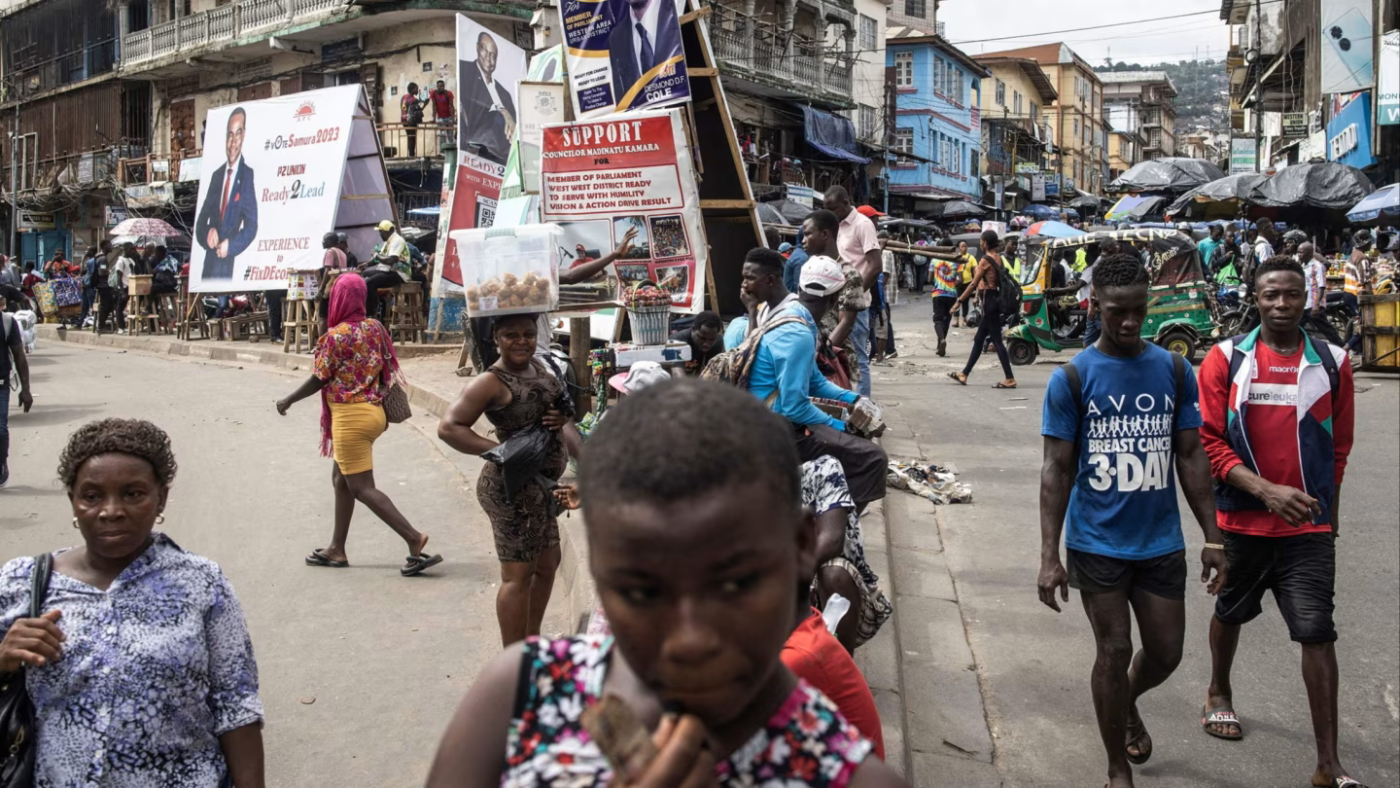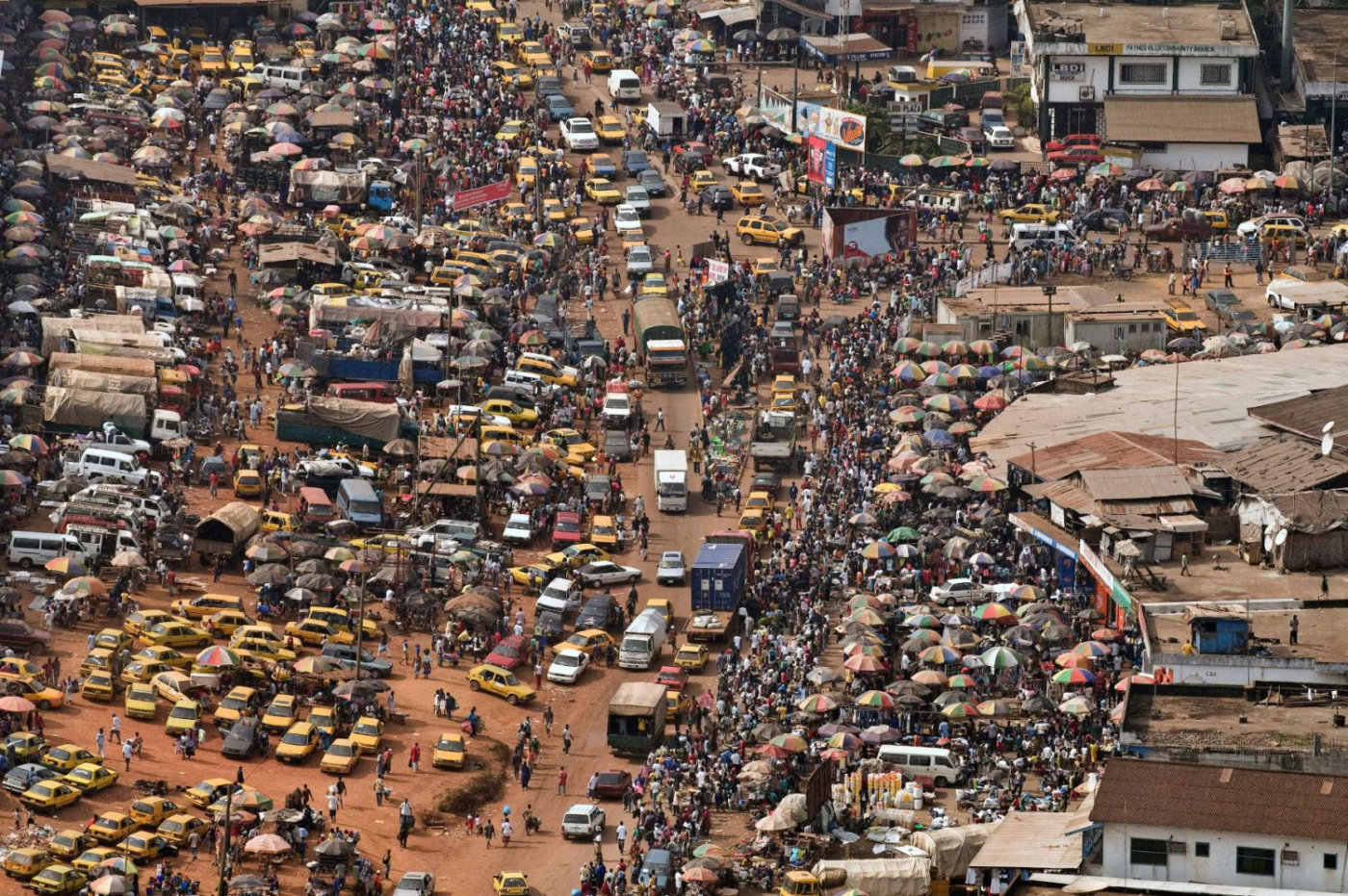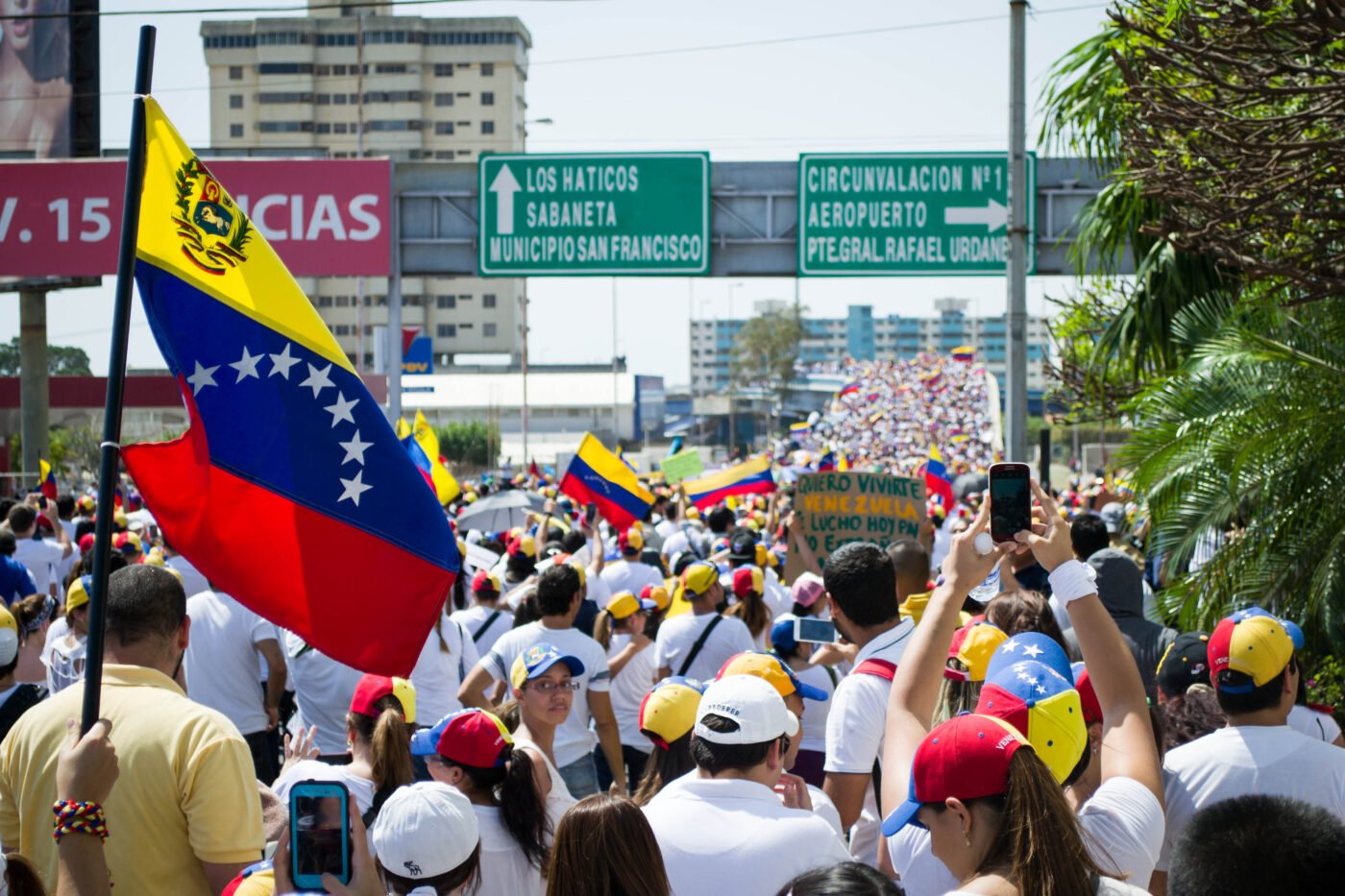Around 37% of frequent travellers claim to have taken a solo trip in the past. When it comes to booking a holiday (or adventure) for one, AARP statistics show that 81% of them are likely to take another solo trip in the next 12 months.
But when you plan a round world trip, one tends to picture luscious palm fronds and vacant beaches. Or maybe snow capped mountains and remote hiking trails. Either way, chances are you wouldn’t think of checking out Venezuela’s currency crisis, South Sudan’s political unrest or Mexico’s cartels.
Just in case you were (or if you were interested in Venezuela’s scuba dive spots, Sudan’s national parks or tequila-tasting in Mexico), a new report outlines the 10 riskiest destinations for solo travellers in 2019, as well as handy advice from the UK’s Foreign and Commonwealth Office on topics from how not to get kidnapped, to dating apps and travel insurance.
The report compares the population of each country’s feeling of safety and security, sourcing its data from the Gallup Global Law and Order Report and Global Peace Index 2018, which asked residents of 142 countries about; how safe they feel walking alone at night, their confidence with local police, whether they had been assaulted or mugged and more. The responses were then compiled into a Law and Order Index score for each country, from which the “safest” and “riskiest” rankings were born.
Curated news for men,
delivered to your inbox.
Join the DMARGE newsletter — Be the first to receive the latest news and exclusive stories on style, travel, luxury, cars, and watches. Straight to your inbox.
10. Sierra Leone

Sierra Leone used to attract upwards of 100,000 visitors a year, attracted to the country’s white sandy beaches, blue waters and swaying palm trees, until the “blood diamond trade” and associated civil war (from 1991 to 2002) firmly removed it from people’s itineraries. Almost 20 years on, Sierra Leone is still recovering from the wartime horrors, but as its position on this list shows, it is slowly getting its stability back.
Coming in at number 10, Sierra Leone received 61 Gallup Law & Order Index “points” (the lower the score, the lesser proportion of the population reports feeling safe). So compared to the rest of the world, the citizens of Sierra Leone don’t feel particularly safe—but still reported feeling more secure than the residents of the other nine countries on this list.
9. Botswana
Endowed with some of the most majestic wildlife spectacles on earth, Botswana is one of the great safari destinations of Africa, and (currently) a relatively safe place to visit. However, as Australia’s Department Of Foreign Affairs points out, conditions can change suddenly—hence the Gallup score of 61 (on par with Sierra Leone).
8. Dominican Republic
The Dominican republic received a score of 60, indicating a similar (although slightly lower) level of trust indicated by Gallup poll respondents. This may be down to: on and off tensions along the Haitian border, street crime, and the presence of cholera and HIV. The US Department Of State issued a warning last year advising visitors to exercise increased caution.
“Violent crime, such as robbery, murder, and sexual assault, is common. The wide availability of weapons, the use and trade of illicit drugs, and a weak criminal justice system contribute to the high level of criminality.”
7. Mexico
On 58 ‘trust’ points, Mexico is ranked as equally risky as the Dominican republic by the US Department Of State. However, according to this recent Gallup poll, it is slightly riskier. This could be down to: crime, cartels, corruption etc (however this also depends on the region).
6. South Africa
Tied with Mexico on 58 points, South Africa was the 6th riskiest country, according to Gallup respondents. And when you consider South Africa has one of the highest homicide rates in the world (30 deaths per 100,000 inhabitants) you see why it has a negative reputation for safety. However, as pointed out by the travel website The Common Wanderer (and the same might be said for various other countries on this list); “What you really have to understand as a traveller here is that 80% of all homicides happen within a specific social context.”
“(Homicides happen) mostly between people who know each other in certain neighbourhoods. Often, this is gang violence that occurs in townships. For the most part, this violence doesn’t spill into other areas, and when it does it tends to still occur between members who know each other – not random attacks on strangers.”
5. Liberia

On 56 points, Liberia was ranked slightly less safe than South Africa.
4. Gabon
“Crime, road safety & interruptions to power & water are just some of the things travellers need to consider when travelling to Gabon,” World Nomads tells us. Which may help explain their score of 55 in the Gallup poll.
3. South Sudan
One of the countries where residents reported most crime and vulnerability was South Sudan—more even than Venezuela, which ranked (for different reasons) as the riskiest country to visit. South Sudan received a poll score of 54.
2. Afghanistan
Like South Sudan, residents of Afghanistan reported some of the highest levels of theft in the list, and is said to be signifcantly riskier even than South Sudan, its score dropping to 45.
1. Venezuela

If you are thinking about going to Venezuela, which received a trust rating of 44, the authors of this report recommend you exercise a high degree of caution. This reflects a country in crisis, and although poll respondents might be exaggeratedly despondent (due to a deep seated dissatisfaction with their government), some facts speak volumes: “Just 17% of residents said they felt safe walking alone at night where they live, and 24% expressed confidence in their police.”
“At the same time, more Venezuelans (42%) reported having had property or money stolen in the past year,” the report continued. If you decide to visit Venezuela anyway, you are advised against all in country travel within 80 km of the Colombian border and 40 km of the Brazilian border, “Due to drug traffickers and illegal armed groups that are active along the border with Colombia and Brazil and a risk of kidnapping” (Foreign Commonwealth Department).
”The FCO advises against all but essential travel to remaining areas of Venezuela due to unrest, instability and ongoing crime.”

